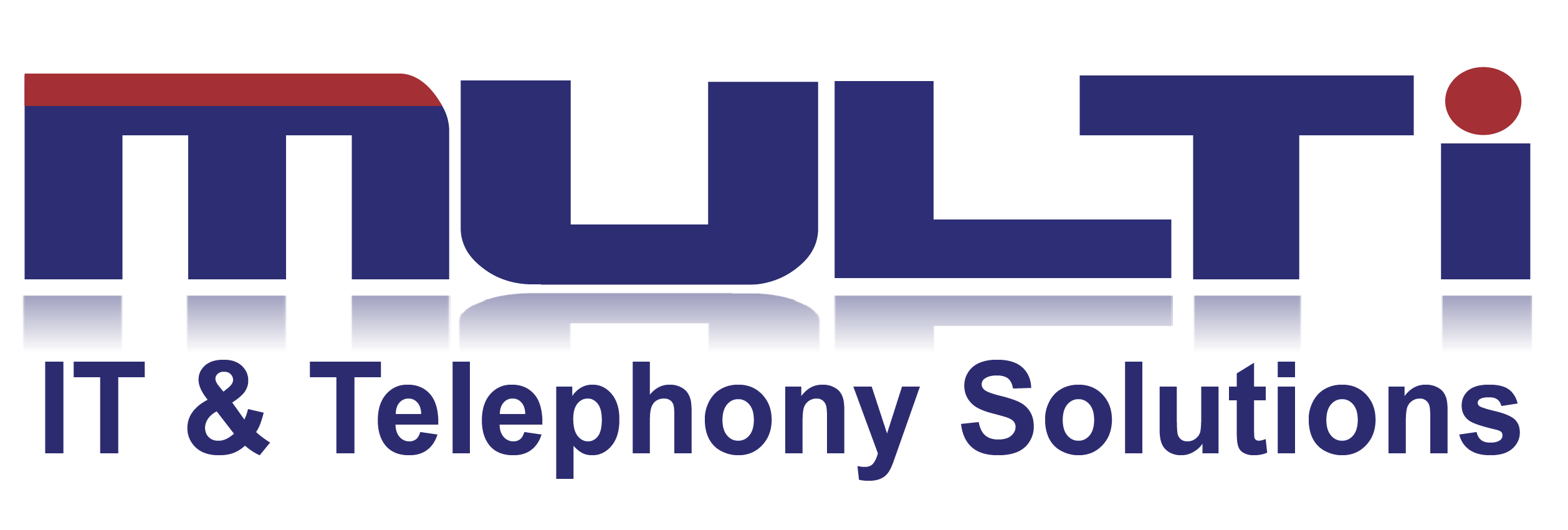Multi IT & Telephony Solutions have been a trusted communications partner for over 30 years. With our many years of service in the telecommunications business we have developed a expert eye in reviewing business telecom expenses with an habbit for finding inefficiencies, errors and opportunities for cost savings. Collectively the Multi IT & Telephony Solutions team have reviewed thousands of bills over the years and know how to spot the endless array of extra taxes and fees. These “gotchas” can typically add 20 – 40% to your contracted service expenses.
There is no standard bill format among the Service Providers. But they all contain ICASA, provincial and local regulatory taxes and fees that are passed along to the consumer. There are also Telco imposed fees and surcharges that may or may not be passed on to the customer. The latter depends on how your contract is written.” Here are some of the usual suspects you may encounter:
- Depending on where you live, taxes may be imposed by provincial, local, and municipal governments on your phone service.
- Emergency number Access is a fee imposed to help pay for the technology needed to help local governments pay for emergency services such as police, fire and rescue.
- Local telephone companies are allowed to bill customers for a portion of what it costs to provide access to their local networks. These charges are not a government charge or tax. The maximum allowable access charges per telephone line are set by ICASA, but local telephone companies are free to charge less, or even nothing at all.
- Access charges for additional lines at the same residence may be higher than charges for the primary line. These charges may be described on your bill as “Customer or Subscriber Line Charge,” “National Access Charge,” or the like. Government public service commissions regulate access charges for out of province calls. However, the fee is regulated and capped by ICASA. It is not a tax or a fee charged by the government. The money received from the subscriber line charge goes directly to local telephone companies.
- All telecommunications service providers must contribute to “ICASA”, which helps people in rural and high-cost areas, and income-eligible consumers, get access to telecommunications services at reasonable rates. ICASA does not require this charge to be passed on to you, but service providers are allowed to do so. These charges usually appear as a percentage of your phone bill.
- A “ICASA Universal Service Fee” line item may appear on your telephone bill when your service provider chooses to recover their ICASA contributions from the customer. Companies cannot collect an amount that exceeds the percentage of their own contributions to ICASA.
- Local Number Portability– For keeping your current local telephone numbers when switching from one service provider to another at the same location. Fees may vary by company; some may not charge any fees. These fees are not taxes.
- Telecommunications Relay Service– To help pay for relay services that transmit and translate calls for people with hearing or speech disabilities.
While the aforementioned are the most common line items on your bill, additional fees, mysterious line items and errors may pop up from time to time. When this happens, please contact Multi IT & Telephony Solutions on 011 435 0450 for us to take a closer look at your bill and provide clarity and cost saving options.

